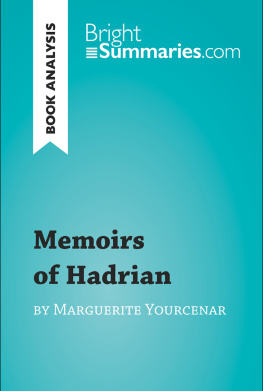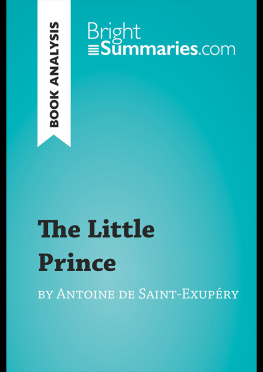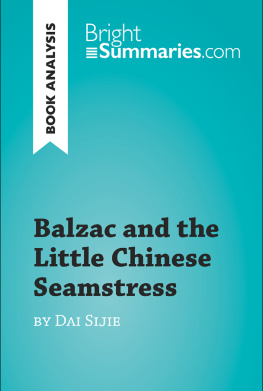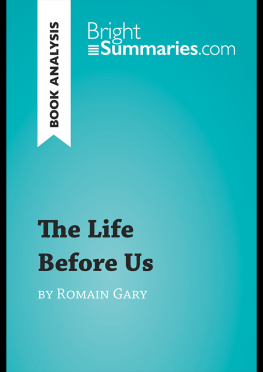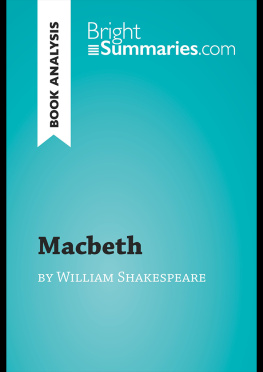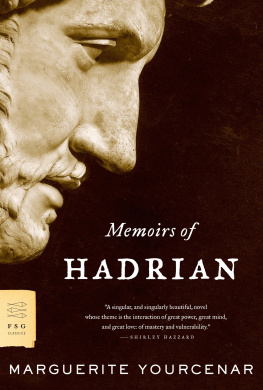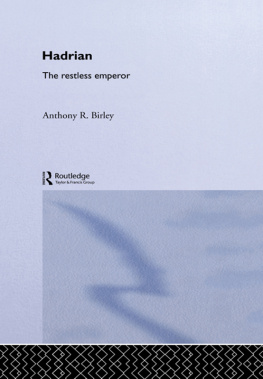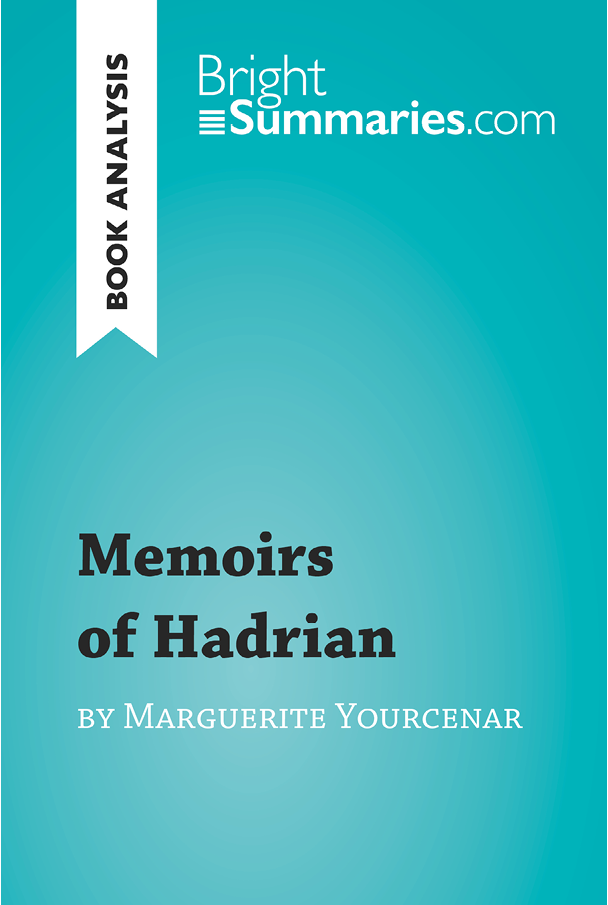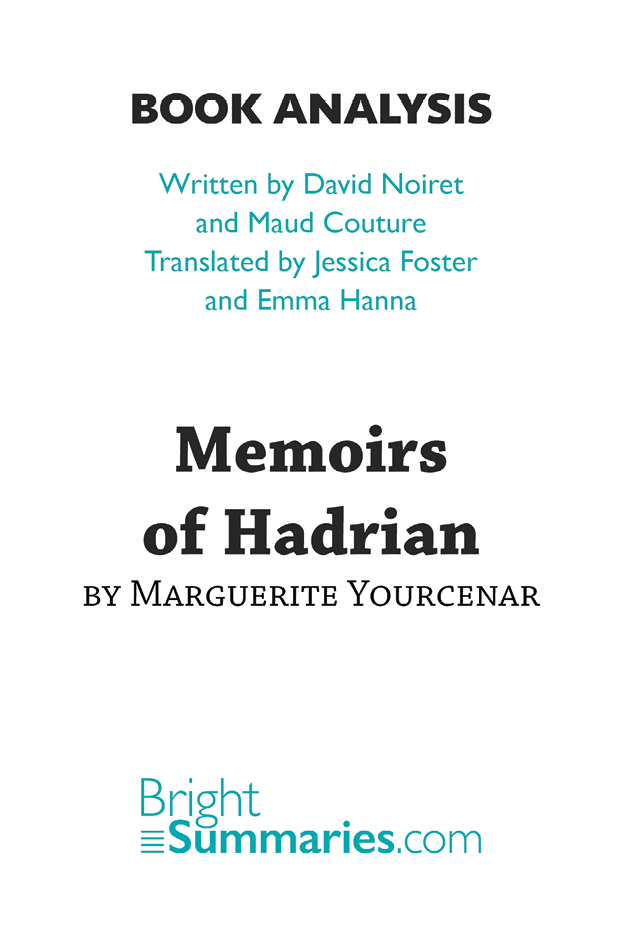Bright Summaries - Memoirs of Hadrian by Marguerite Yourcenar (Book Analysis): Detailed Summary, Analysis and Reading Guide
Here you can read online Bright Summaries - Memoirs of Hadrian by Marguerite Yourcenar (Book Analysis): Detailed Summary, Analysis and Reading Guide full text of the book (entire story) in english for free. Download pdf and epub, get meaning, cover and reviews about this ebook. year: 2016, publisher: BrightSummaries.com, genre: Religion. Description of the work, (preface) as well as reviews are available. Best literature library LitArk.com created for fans of good reading and offers a wide selection of genres:
Romance novel
Science fiction
Adventure
Detective
Science
History
Home and family
Prose
Art
Politics
Computer
Non-fiction
Religion
Business
Children
Humor
Choose a favorite category and find really read worthwhile books. Enjoy immersion in the world of imagination, feel the emotions of the characters or learn something new for yourself, make an fascinating discovery.
- Book:Memoirs of Hadrian by Marguerite Yourcenar (Book Analysis): Detailed Summary, Analysis and Reading Guide
- Author:
- Publisher:BrightSummaries.com
- Genre:
- Year:2016
- Rating:5 / 5
- Favourites:Add to favourites
- Your mark:
Memoirs of Hadrian by Marguerite Yourcenar (Book Analysis): Detailed Summary, Analysis and Reading Guide: summary, description and annotation
We offer to read an annotation, description, summary or preface (depends on what the author of the book "Memoirs of Hadrian by Marguerite Yourcenar (Book Analysis): Detailed Summary, Analysis and Reading Guide" wrote himself). If you haven't found the necessary information about the book — write in the comments, we will try to find it.
This engaging summary presents an analysis of Memoirs of Hadrian by Marguerite Yourcenar, a stunning fictional autobiography of the Roman emperor Hadrian. Written in the form of a letter from the dying Hadrian to his young successor Marcus Aurelius, it is both a chronicle of the emperors rise to power and his efforts to bring peace to his empire, and a meditation on the legacy he is leaving behind. The novel was selected as one of the Bokklubben World Librarys 100 Best Books in the History of Literature, and has featured on the list for nearly 15 years. It remains the best-known work by Marguerite Yourcenar, who won the prestigious Prix Femina for the novel and was awarded the Erasmus Prize in 1983. She was also the first woman elected to the Acadmie Franaise.
Find out everything you need to know about Memoirs of Hadrian in a fraction of the time!
This in-depth and informative reading guide brings you:
- Character studies
- Key themes and symbols
- Questions for further reflection
Why choose BrightSummaries.com?
Available in print and digital format, our publications are designed to accompany you in your reading journey. The clear and concise style makes for easy understanding, providing the perfect opportunity to improve your literary knowledge in no time.
See the very best of literature in a whole new light with BrightSummaries.com!
Bright Summaries: author's other books
Who wrote Memoirs of Hadrian by Marguerite Yourcenar (Book Analysis): Detailed Summary, Analysis and Reading Guide? Find out the surname, the name of the author of the book and a list of all author's works by series.

